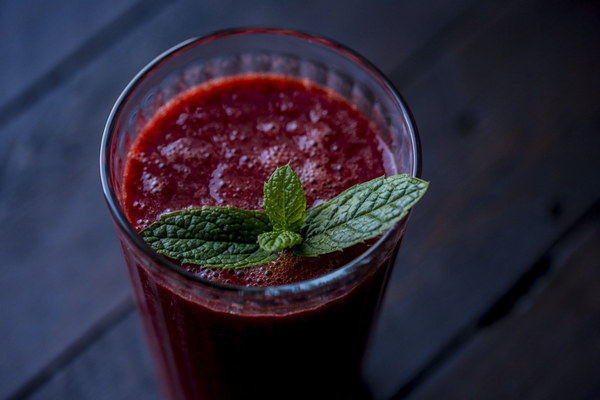To Swallow or Not to Swallow The Truth About Saliva and Kidney Health
In recent years, there has been a growing interest in natural remedies and alternative medicine. One such practice that has gained attention is the act of swallowing saliva for kidney health. But is there any truth to this claim? Let's delve into the world of saliva and its potential benefits for kidney health.
Saliva, a seemingly insignificant bodily fluid, plays a crucial role in our oral health and digestion. Composed of water, electrolytes, enzymes, and mucus, saliva serves multiple functions, including moistening the mouth, aiding in digestion, and protecting the teeth and gums from decay. However, recent studies suggest that saliva might also have a positive impact on kidney health.
The kidneys are vital organs responsible for filtering waste products, excess fluids, and toxins from the blood. They also play a crucial role in regulating blood pressure, producing red blood cells, and maintaining electrolyte balance. When the kidneys are not functioning properly, it can lead to serious health complications, including kidney disease and failure.
So, how does saliva come into play? Some proponents of this practice believe that swallowing saliva can improve kidney health by providing essential nutrients and enzymes that support kidney function. Here are a few reasons why this might be true:
1. Nutrient-rich: Saliva contains various nutrients, such as amino acids, vitamins, and minerals. These nutrients can help support kidney function and reduce the risk of kidney disease.
2. Enzymatic activity: Saliva contains enzymes like amylase, lysozyme, and lipase, which aid in digestion and can help break down waste products in the kidneys.
3. Hydration: Swallowing saliva can contribute to overall hydration, which is essential for kidney function. Proper hydration helps the kidneys filter waste products more effectively.
4. Detoxification: Some believe that saliva has detoxifying properties, which can help remove harmful substances from the body, including the kidneys.
While these claims might seem intriguing, it is essential to approach them with caution. Currently, scientific evidence supporting the idea that swallowing saliva can significantly improve kidney health is limited. However, there are a few studies that suggest potential benefits:

A 2014 study published in the International Journal of Nephrology found that regular saliva swallowing could reduce the risk of kidney stones in susceptible individuals. The study suggested that saliva might help dissolve certain types of kidney stones, thereby preventing their formation.
Another study published in the journal Nutrition and Metabolism in 2016 found that individuals who swallowed their saliva had lower levels of uric acid in their urine. Uric acid is a waste product that can contribute to the formation of kidney stones and gout. By reducing uric acid levels, saliva swallowing might help prevent these conditions.
It is important to note that these studies are relatively small and require further research to establish a definitive connection between saliva swallowing and kidney health.
So, should you start swallowing your saliva to improve kidney health? While there might be some potential benefits, it is not a guaranteed solution. Here are a few recommendations:
1. Maintain a healthy lifestyle: A balanced diet, regular exercise, and adequate hydration are essential for kidney health. Swallowing saliva should not replace these fundamental practices.
2. Consult with a healthcare professional: If you are concerned about your kidney health or have been diagnosed with a kidney condition, it is best to consult with a healthcare professional before trying any new remedies.
3. Continue monitoring your kidney health: Regular check-ups and laboratory tests can help you monitor your kidney function and detect any potential issues early on.
In conclusion, while there might be some evidence to suggest that swallowing saliva could have a positive impact on kidney health, it is not a guaranteed solution. As with any alternative medicine practice, it is crucial to approach it with caution and consult with a healthcare professional before making any significant changes to your health routine.









